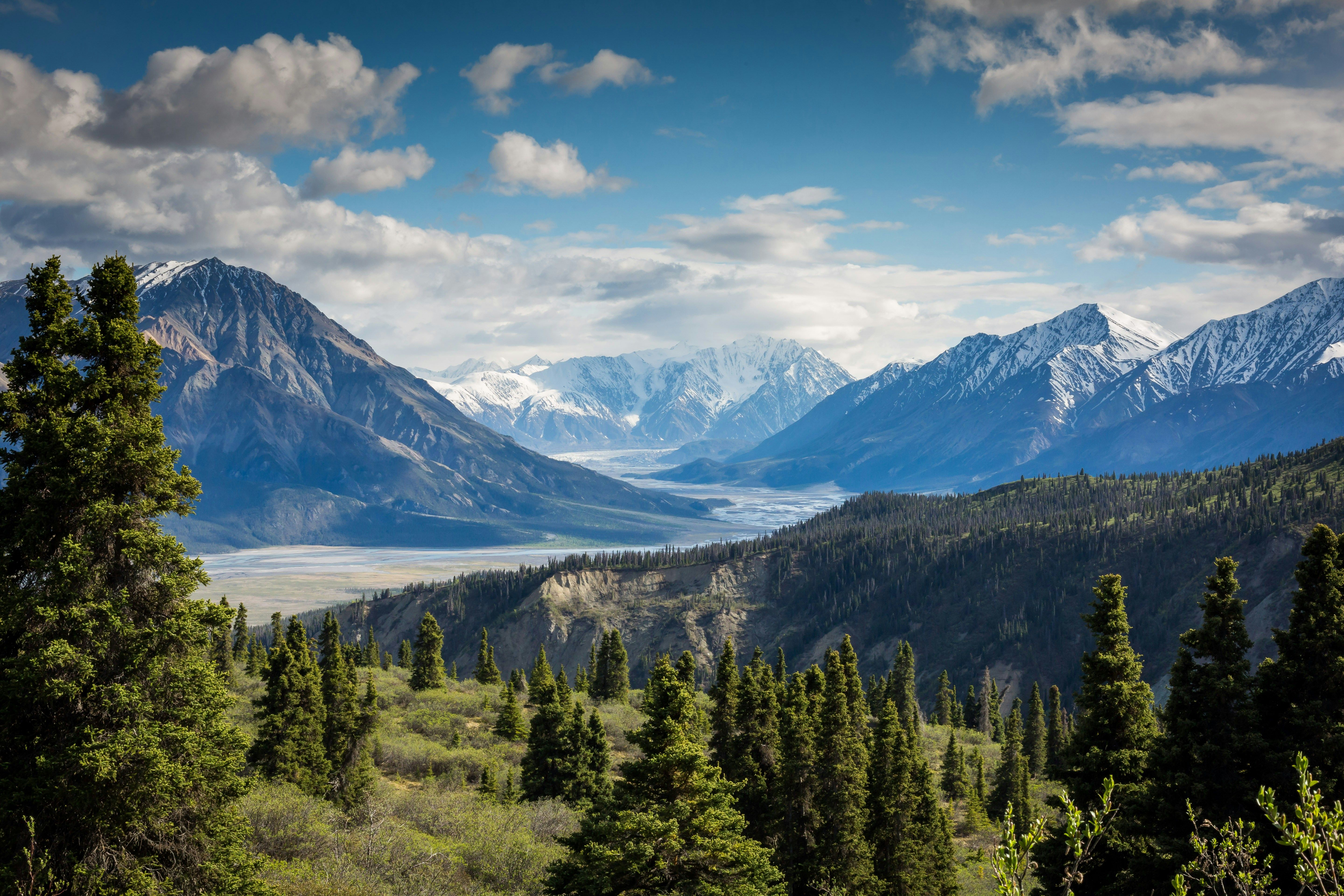In Switzerland, does the birth of a child facilitate the parent's naturalization process?
Babies Ain't Getting Swiss Passports Everywhere They're Born, Not Even In Switzerland
Got a bun in the oven while visiting the US? Congrats, your baby could be a natural-born American! But, doesn't apply in every country, like Switzerland. In Switzerland, just because a baby pops out on Swiss soil doesn't mean they're getting a Swiss passport anytime soon.
You might be wondering, "Why the hell not, man?" Well, let me break it down. Switzerland follows the principle of "jus sanguinis" (right of blood), not "jus soli" (right of soil). This means a baby born in the Swiss territory won't get citizenship unless at least one parent is Swiss.
If both parents are foreigners, there's no birthright citizenship. Their nationality will determine the baby's citizenship, just as if the parents had popped out the kid somewhere else. Having a Swiss baby won't speed up their application process for naturalization.
However, if one parent is Swiss, the baby gets Swiss citizenship automatically, but it doesn't pass on to the other parent. So, no quick passport for the foreign parent by delivering a Swiss baby.
Now, what if you're already a Swiss citizen, be it by birth or naturalization? Your child will follow suit, but won't pass on their citizenship to you. Swiss citizenship goes one way, not both.
If you're hoping that a Swiss birth will extend your stay in the country, think again. The kind of permit you have is based on your employment, not being a parent. Even EU/EFTA nationals won't have their permits extended just because they gave birth in Switzerland.
The only exception is parents with a C-permit, who can live in Switzerland indefinitely regardless of the baby's birthplace. Cross-border employees' G permits also won't be upgraded, nor will they be eligible to claim Swiss citizenship even if their child is born in Switzerland.
So, while a Swiss baby might bring financial advantages for the parents, like family allowances and tax breaks, it doesn't help with gaining Swiss citizenship or an extended stay.
Enrichment Data:
- Swiss citizenship is granted based on descent, not birthplace.
- Babies born to foreign parents do not automatically become Swiss citizens unless the parents naturalize later.
- Foreign-born children inherit the same residency status as their parents.
- Parents can apply for citizenship after 10 years of residency (including 3 of the last 5 years in Switzerland) under ordinary naturalization.
- Simplified naturalization is available for married Swiss citizens, third-generation immigrants, and certain special cases.
- In Switzerland, a baby won't acquire citizenship just because they're born on Swiss soil if neither parent is Swiss, following the country's policy of 'jus sanguinis'.
- To gain Swiss citizenship, foreign-born children typically inherit their parents' residency status and can apply for naturalization after a decade of residence, subject to certain conditions like three years in the last five years in Switzerland.
- The general news highlights that babies born to foreign parents in Switzerland may not help the parents secure Swiss citizenship or an extended stay, as their permits are based on employment, not parenthood.
- Under Switzerland's policy-and-legislation, the advantages of having a Swiss baby, such as family allowances and tax breaks, are mostly restricted to the parents, as the child does not automatically pass on their citizenship to the parents, even if one parent is Swiss by birth or naturalization.






